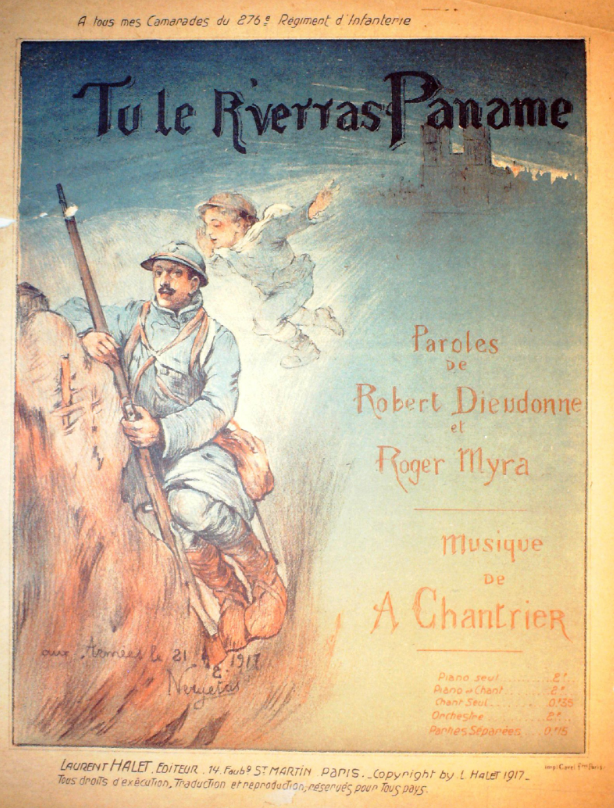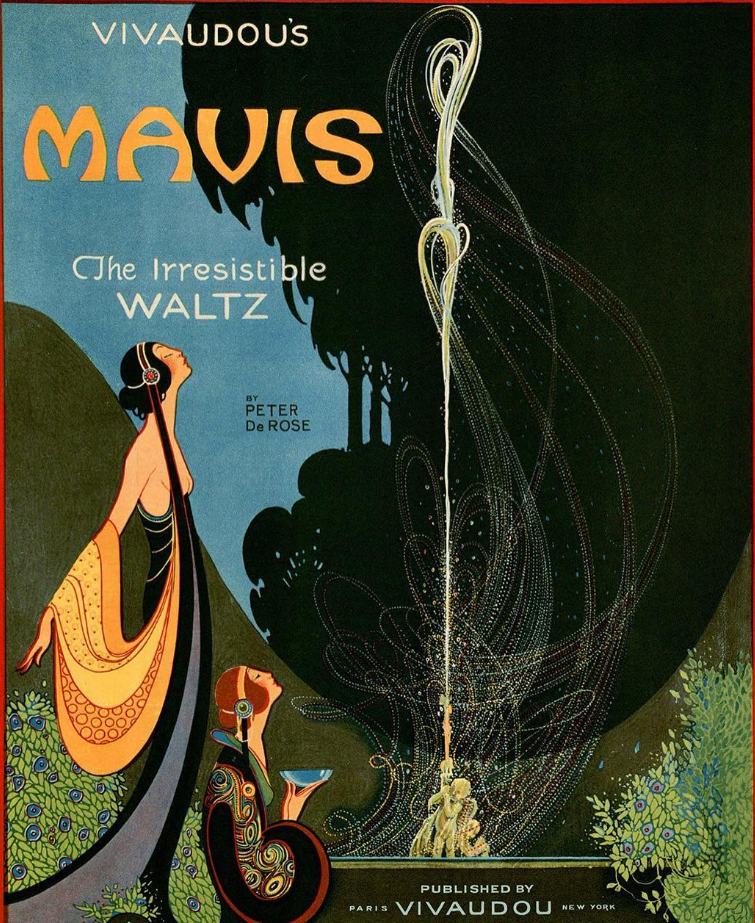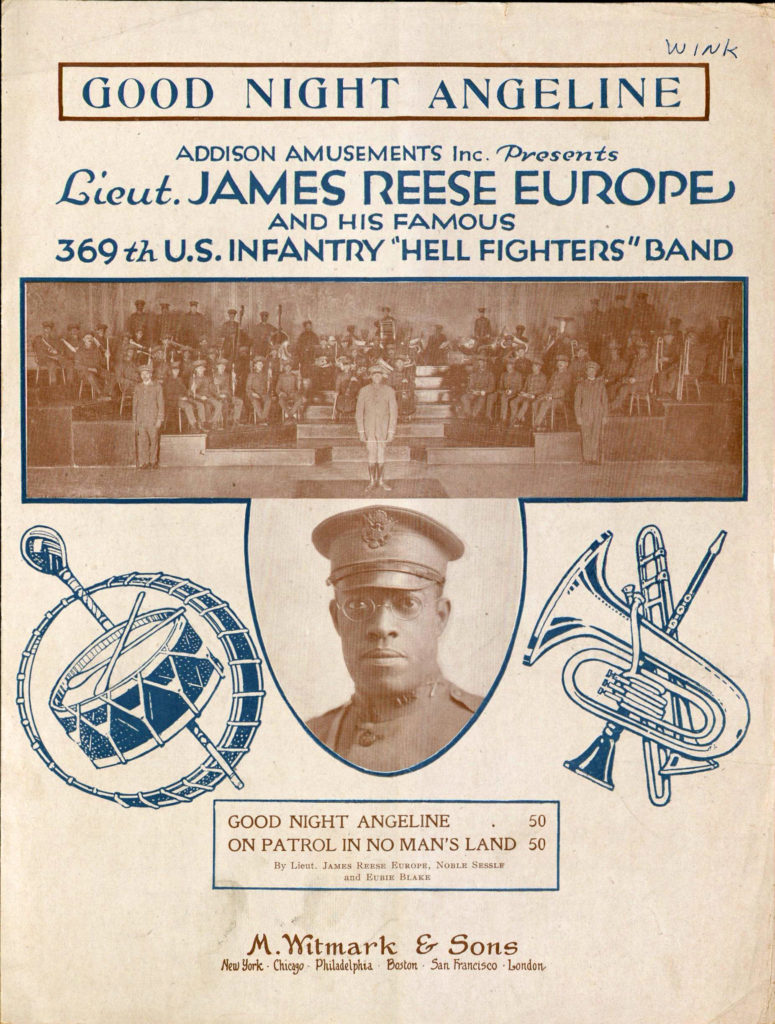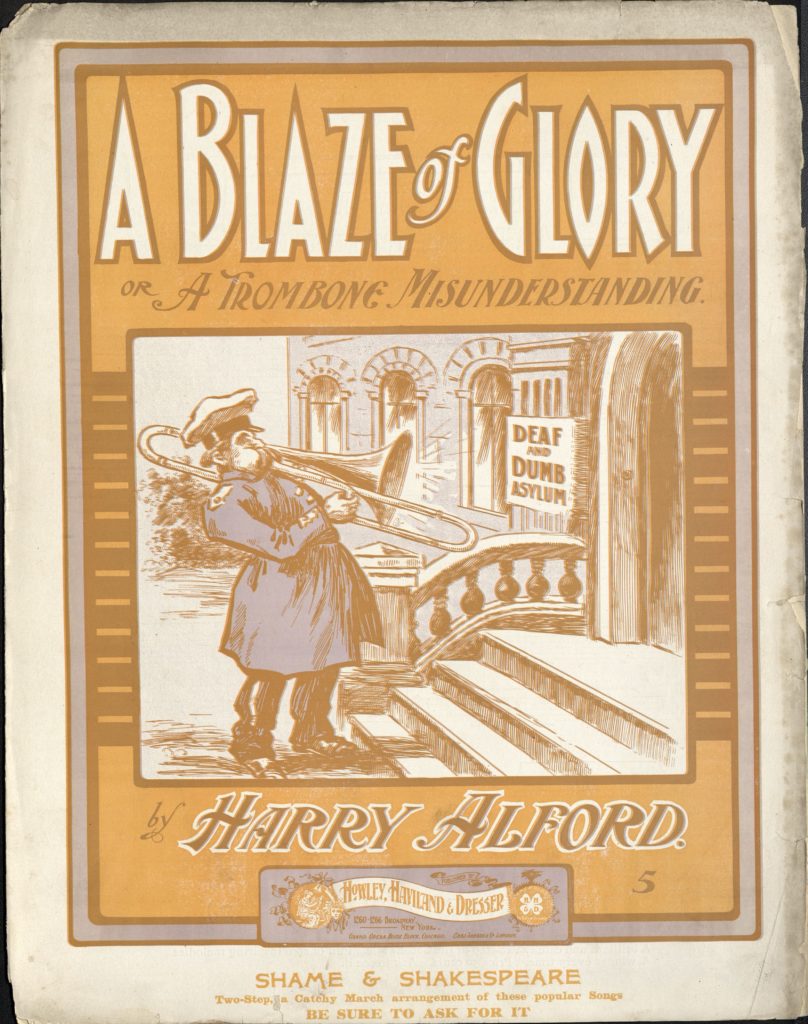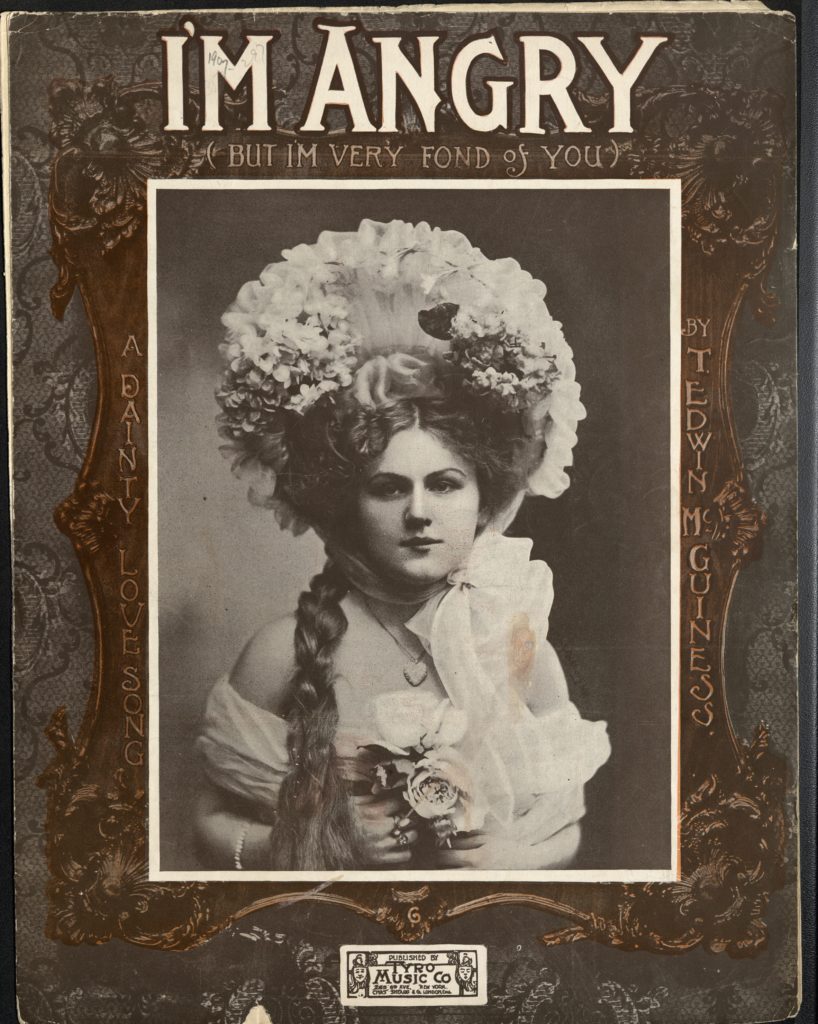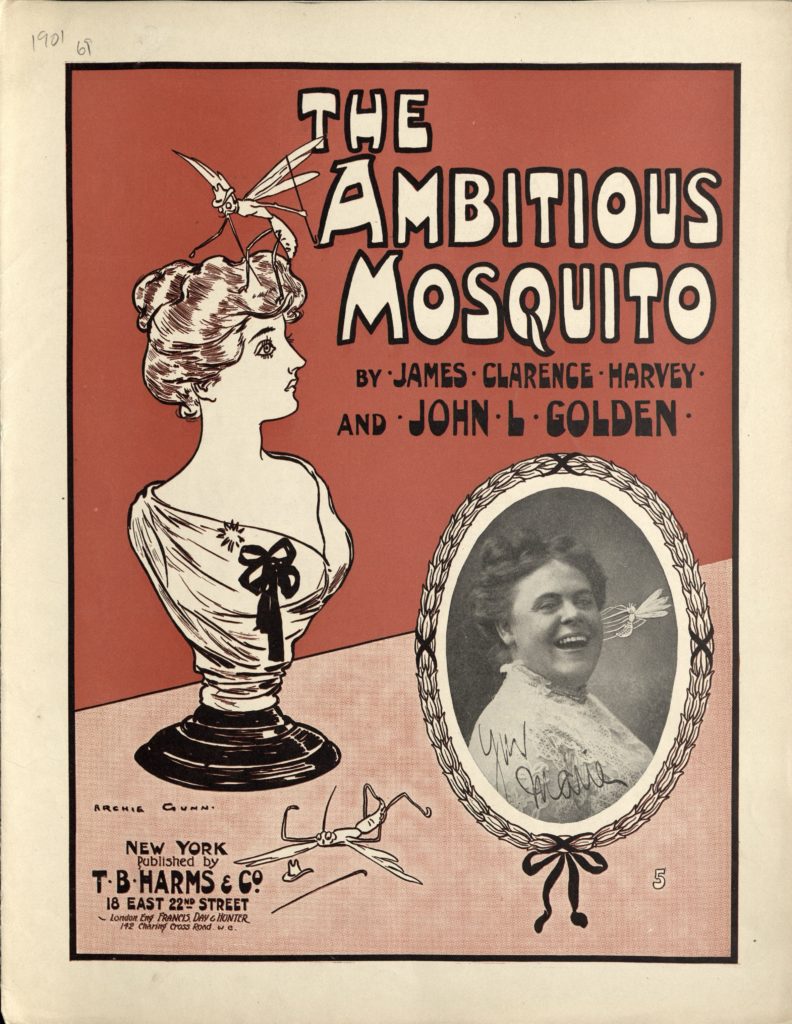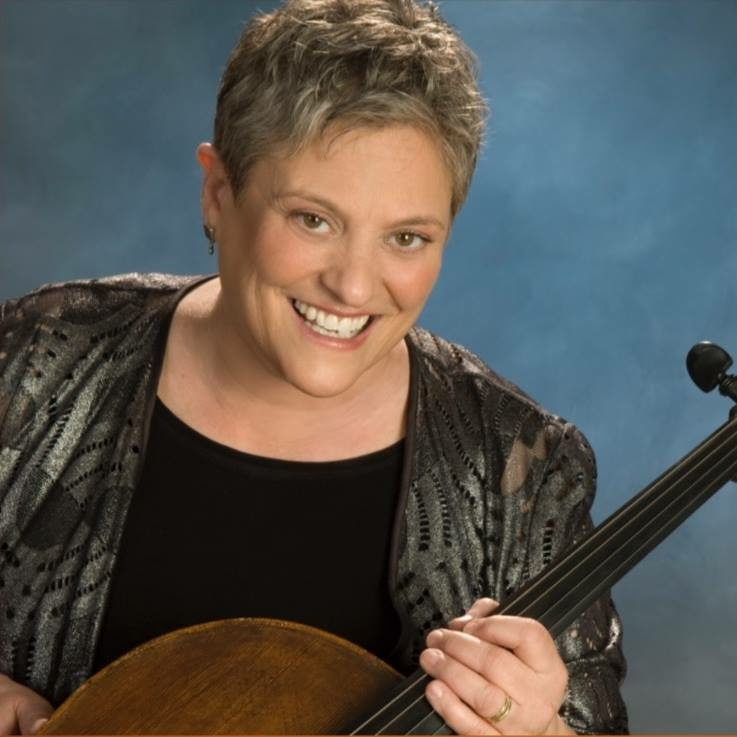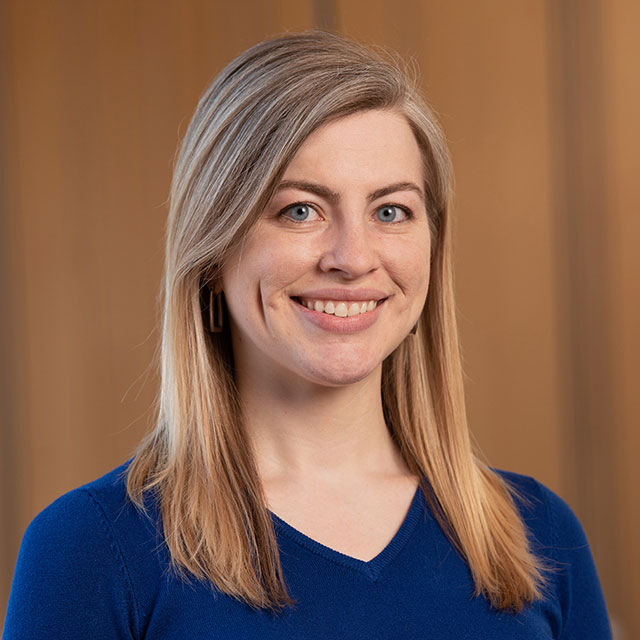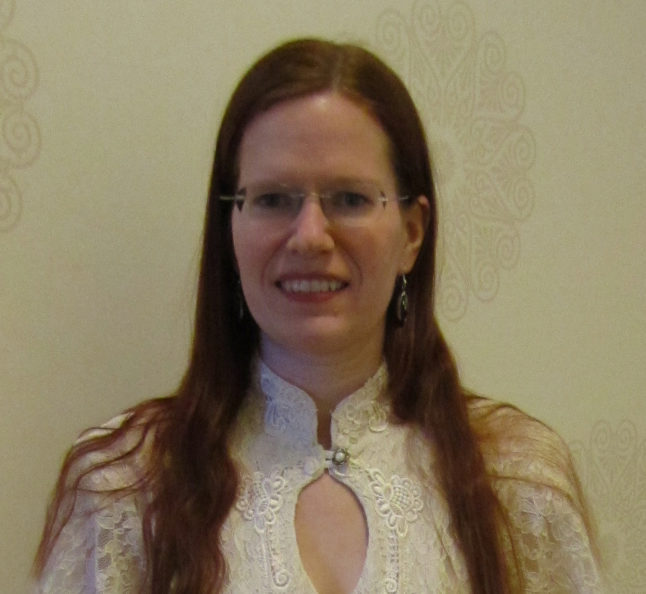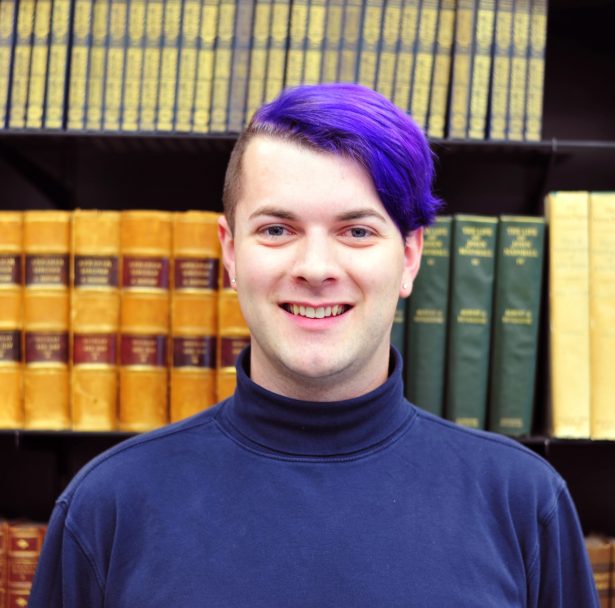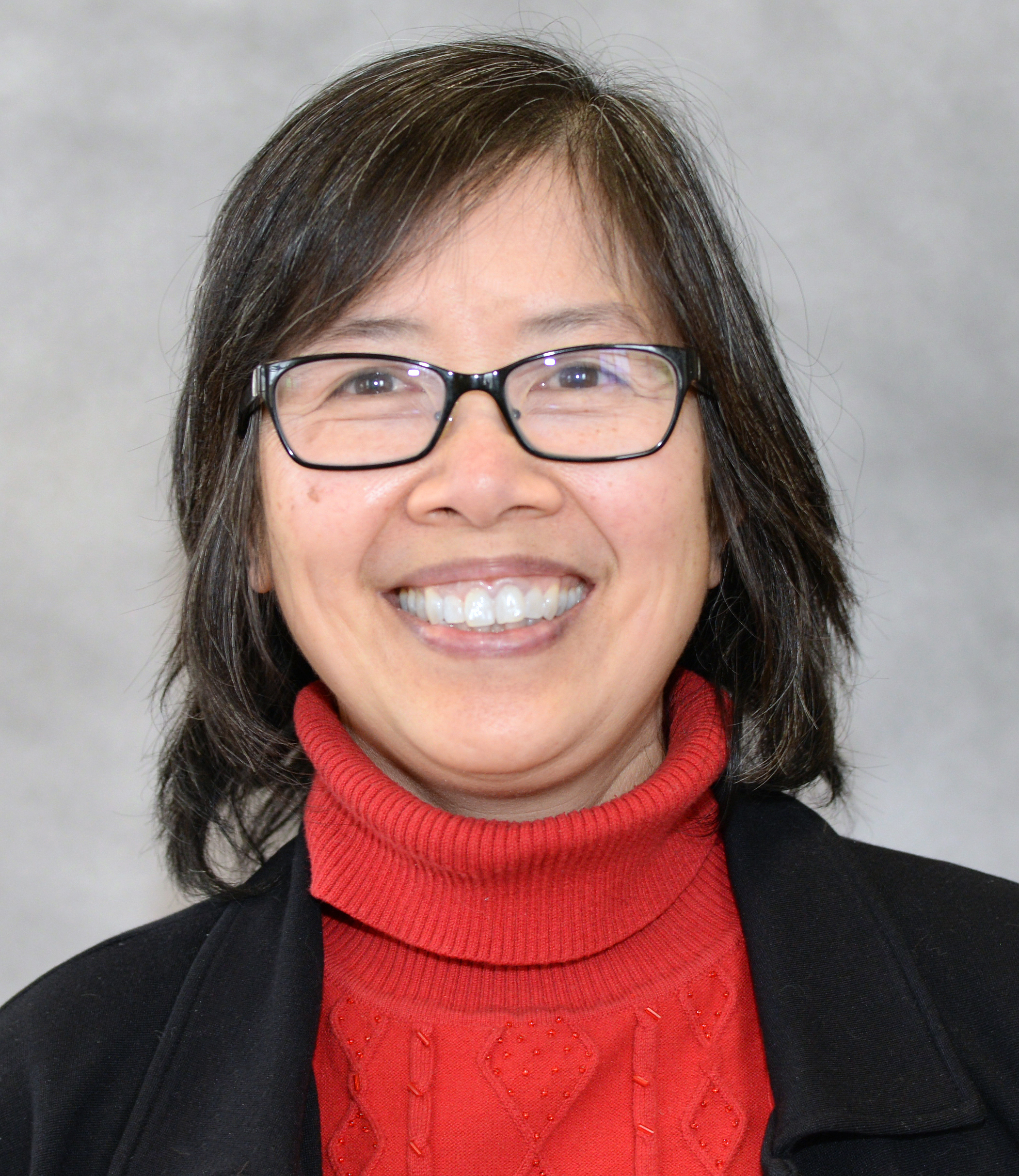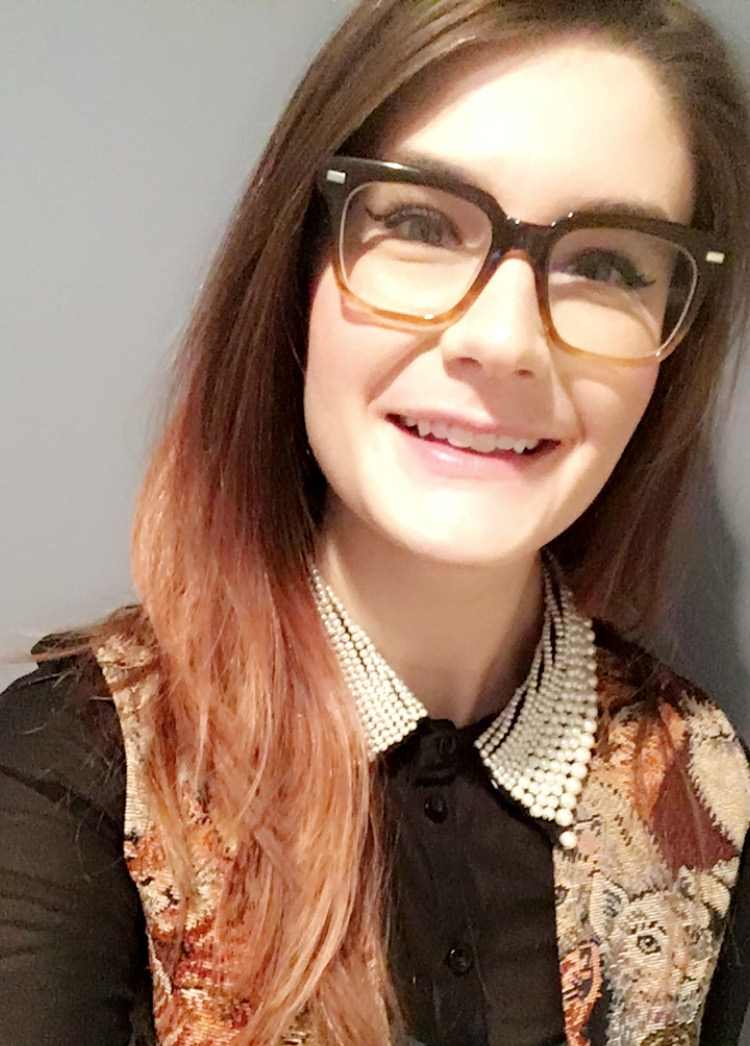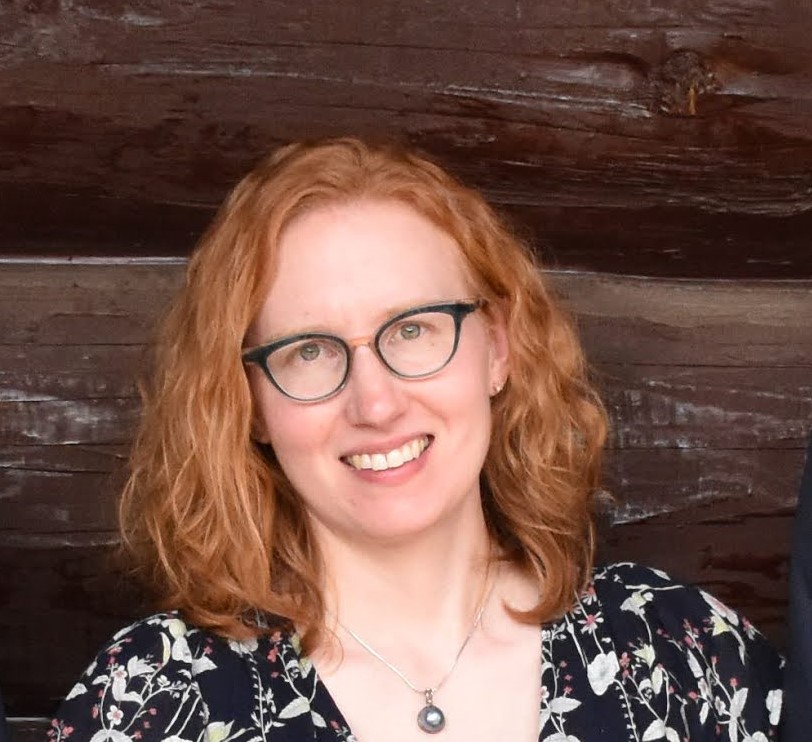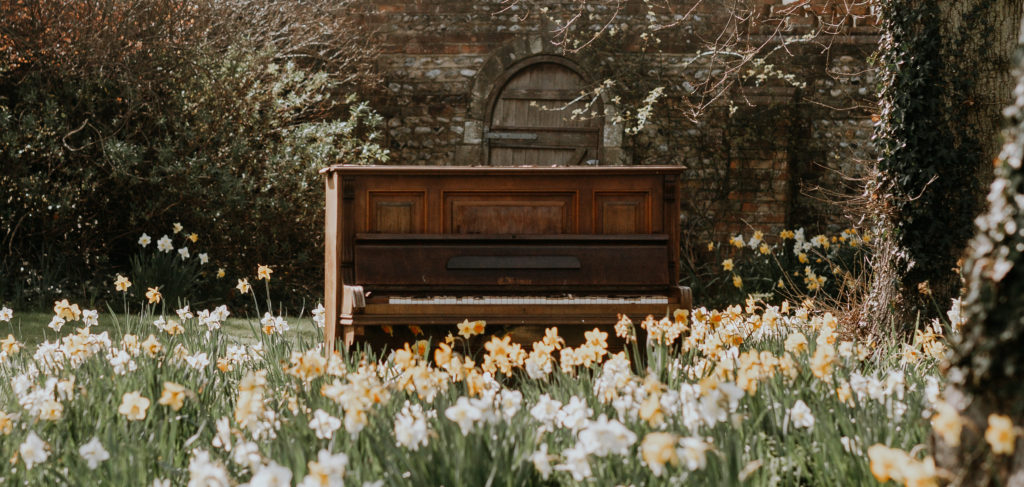
Table of Contents
Message from the Chair
Spring 2022 Meeting Announcements
NEMLA Election Information
Noteworthy News
— Richard S. Hill Award
— Rulan Chao Pian Exhibit
— MLA Sheet Music Interest Group
— World Concertina Day
NEMLA Officers
Publication Information
**************************************************
Message from the Chair
Dear NEMLA Colleagues,
Happy Spring! I hope you are able to enjoy the beginning of spring with good health amidst the background of Covid. I also hope we can all bring our collective consciousness to act on the important issues that surround us across the globe including the war in Ukraine.
It was a great pleasure to see so many NEMLA colleagues at MLA online this year! Instead of our yearly outing for dinner we tried a games night. Zoom fatigue set in, but those of us who attended had fun! I was also quite pleased to see NEMLA members well represented on the national program. Keep an eye out for the call for proposals for MLA 2023 in St Louis!
Please mark your calendars for the NEMLA Spring/Summer meeting. Vice Chair/Program Chair Memory Apata and the Program Committee are working together on an exciting program, so be sure to check out the details below. The meeting will be held online in two sessions, on the afternoon of June 9th and morning of June 10th, 2022. You will note the details as listed below. The meeting will also include our annual business meeting with reports from members of the board.
As chair of the nominating committee, Lisa Wollenberg has recruited an excellent slate for Vice Chair/Chair-Elect, EDIJ Officer and Member at Large. Please see the candidate biographies in this issue and vote when you receive your ballot.
I am happy to report on behalf of Patrick Quinn, our EDIJ officer. The committee is in the early stages of developing an EDIJ glossary of terms including challenges about how to best collect and define terms in a way that is truly diverse. I am honored to participate in a leadership role for an organization that has taken on this meaningful and important work in such a responsible and thoughtful way.
Sandi-Jo Malmon
Chair, New England Music Library Association
Spring 2022 Meeting Announcements
The NEMLA Program Committee is pleased to announce that our virtual spring meeting will be held in two sessions on the afternoon of June 9th and morning of June 10th, 2022.
We invite submissions for the program from the NEMLA membership, as well as non-members (including faculty, student workers, paraprofessionals, LIS graduate students, undergraduates, etc.). The committee is particularly interested in submissions on the theme of local collections, including:
- Unique collections exhibits or tours,
- Projects/scholarship related to a unique local collection or object,
- Lightning talks highlighting a single item in a collection,
- Projects/scholarship related to the representation of underrepresented groups in collections,
- Collaborations and projects with student workers and/or student researchers using local collections at your institution,
- Models of teaching using local collections,
- Other topics not listed.
We encourage presentations of all lengths including full presentations (45 minutes), brief presentations (20 minutes), lightning rounds (7 minutes), or other durations.
Submissions may be made via this form (links to external site). The deadline for submissions is Friday, May 6, 2022.
Submitted by Memory R. Apata, Music & Performing Arts Librarian, Dartmouth College
NEMLA Election Information
Spring 2022 Ballot
The Nominating Committee is pleased to present the preliminary slate of candidates for this year’s election. Please note that nominations are still being accepted through Friday, April 22.
Vice Chair/Chair Elect
Terry Simpkins is currently Director of Discovery & Access Services at Middlebury College in Vermont, overseeing the areas of Collections Management, Interlibrary Loan, Circulation/Reserves, and Systems. In addition, he is a co-owner of Flourish Music Metadata Solutions (http://www.flourishmusic.net/), a music contract-cataloging business, and has worked as a music cataloger in both the academic and contract-cataloging environments for almost 25 years. He currently serves on the NEMLA Program Committee, and in the past, has served as a member and/or chair of several Music Library Association committees, including the Authorities Subcommittee, Bibliographic Control Committee, Descriptive Cataloging Subcommittee, and the Task Force for the 2011-2020 MLA Strategic Plan. He has served as President of the Vermont Consortium for Academic Libraries (VCAL) and as a member of the Eastern Academic Scholars’ Trust (EAST) Executive Committee. Terry has an M.M. from Westminster Choir College in Organ Performance, and is an avid ragtime/novelty piano player and rock and roll drummer.
Member at Large
Emily M. Colucci is a Library Assistant in Access Services at Bates College. Emily received her B.S. in Music with a concentration in Classical Guitar Performance from Molloy College and her M.L.I.S. from the University of Rhode Island. In graduate school, Emily worked as an Information Services Tech I at the Community College of Rhode Island in Newport and completed two internships—one in collection development and cataloging at the Music Resource Center at the University of Rhode Island, and one in reference and collection development at the Orwig Music Library at Brown University. Both of these internships cultivated her passion for cataloging print and audiovisual music materials, as well as digitization and preservation for audiovisual resources. Emily continues to foster these interests in her work at Bates College by collaborating on projects pertaining to the library’s print music, audiovisual, and digital collections with Matthew Banning, Sharon Saunders, and Christopher Schiff. Emily has been an active member of both MLA and NEMLA since 2016. She currently serves as the New England Liaison for the Music Library Students and Emerging Professionals (MLStEP) organization, and a member of MLA’s Content Standards Subcommittee. Emily is excited for the potential opportunity to serve as NEMLA’s Member-At-Large, as she embraces the opportunity to further her professional liaison experience within the NEMLA and MLA organizations.
EDIJ Officer
Patrick Quinn (he/him/his) has been active in NEMLA since 2018 and currently serves as NEMLA’s EDIJ Officer ad interim as well as a member of the Instruction Committee. He currently works as a Reserves and Instruction Coordinator at the Boston University Music Library. At MLA 2020, he co-presented Music isn’t the Universal Language: Library Instruction for ESL Students with Marci Cohen and adapted that presentation for ACRL-NELIG 2021. Together, they are further adapting the original presentation to be published as a book chapter on inclusive music library instruction. In addition to his professional activities, Patrick continues to research and advocate for expansion of musicological study outside the Western Classical canon with a particular focus on Disco and the genre’s connection to the queer and BIPOC communities in the United States. Patrick holds degrees from the University of New Hampshire (B.A. Music Performance, ’14), Columbus State University’s Schwob School of Music (M.M. Oboe Performance, ’16), and most recently from Simmons University (M.L.S., ’22).
Submitted by Lisa Wollenberg, chair of the Nominating Committee
Noteworthy News
Richard S. Hill Award to NEMLA members
NEMLA members Liz Berndt-Morris and Sandi-Jo Malmon have been awarded the Music Library Associations’ Richard S. Hill Award for the best article on music librarianship or of a music-bibliographic nature, for their co-authored article, “Surveying Composers: Methods of Distribution, Discoverability, and Accessibility of their Works and the Corresponding Impact on Library Collections.” Fontes Artis Musicae, vol. 67, no. 2, 2020. Click here for more information about the Hill award.
Exhibition honoring Rulan Chao Pian
The Eda Kuhn Loeb Music Library is pleased to announce an exhibition honoring the life and work of Rulan Chao Pian (April 20, 1922 – November 30, 2013), professor, scholar, and ethnomusicologist. She was born into a family of Chinese scholars and musicians, studying both in China and in the United States. She received her B.A. and M.A. in Western music history from Radcliffe College in the 1940s, and a Ph.D. from Harvard in 1960 in East Asian Languages and Music. She taught both Chinese language and music at Harvard, and in 1974 she was named tenured Professor, one of the first women to attain this rank and the very first Chinese woman professor at the university. The exhibit will open on April 20, 2022, the centenary anniversary of Rulan Chao Pian’s birth, and will feature material she collected throughout her life and donated to the music library after her retirement in 1992. Included among these are photographs, rare published books and recordings, original ethnographic field recordings, and other material from her life, research and teaching.
Submitted by Sandi-Jo Malmon, Interim Richard F. French Librarian, Librarian for Collection Development, Eda Kuhn Loeb Music Library, Harvard University
MLA Sheet Music Interest Group
The MLA Sheet Music Interest Group, coordinated by Andrea Cawelti, had an unusually active conference in two panels and the annual interest group meeting. The first panel, The West in Sheet Music, involved Laurie Sampsel (Estelle Philleo’s Sheet Music: Setting the West to Music), Mary Kay Duggan (Ethnic Communities in California in the words and cover images of Early Sheet Music), Dylan Burns and Kathryn Miller (Dreams of the West in the Sheet Music of the Seattle’s Alaska-Yukon-Pacific Exposition), and Janet Bradford (Art at the Keyboard: Sheet Music Covers and Their Stories: Pictures are worth a thousand words). The second panel, Still Bound for Glory: bound volumes and what they continue to teach us, built on the 2018 Portland panel, Bound for Glory, and involved Kerry Masteller as our fab web helper (a HUGE thanks to Kerry for her much-needed help), Andrea Cawelti (Introduction), Karen J. Olson (Bound Volumes in the Classroom), George Boziwick (Emily Dickinson’s Music Book and the Musical Life of an American Poet), Virginia Whealton (An early 19th century Jewish merchant family makes music in Norfolk), and Candace Bailey (19th century women of color and music, and a database to meet them). The interest group meeting was quite informative, and those with an interest in sheet music can consult our meeting notes here.
Submitted by Andrea Cawelti, Ward Music Cataloger, Houghton Library, Harvard University
World Concertina Day, or What Some of Us Do That Passes for Fun
originally published in the Wesleyan Collections Staff News
One of the things I choose to do with my free time is play music on squeezy instruments with buttons. One of these squeezy things is the concertina, which is often confused for an accordion, which it technically isn’t; this common misunderstanding really rankles the concertina players, but nobody else seems much bothered by it, least of all the accordion players. It’s also frequently assumed to be much older than it is, making appearances in Game of Thrones and about a million cartoons of pirates, among other places. (If you really want to troll a concertinist, refer to the instrument they’re playing as “a little pirate accordion”.) In reality, a few different instruments that were called, or came to be called, concertinas were invented in various parts of Europe in the 1820s and 1830s. It’s an instrument born in the First Industrial Revolution that hit its peak in the Second Industrial Revolution, and thereafter faded away, until it was picked up again in the 1970s by that bane of traditional musicians everywhere, Boomer folk revivalists.
Anyhow, although these days it’s still a pretty niche instrument, it’s a niche instrument in a growing number of places around the world, from South Africa to Japan and from Bolivia to Baden-Baden. Oh, and Ireland — they’re practically everywhere in Ireland. And so this past February 6th, on the 220th birthday of the guy who invented one of the things we call a concertina (but who is better known in the field of electrical engineering for something he didn’t actually invent), an outfit called the International Concertina Association organized an event called World Concertina Day. Timed almost perfectly to coincide with the peak of the first Omicron variant of Covid, most of the events happened online and are still available to view, which is great because there’s really only so much concertina music you can subject a human to in a single day before it crosses the line and becomes a violation of the Geneva Conventions.

In the grand scheme of things there still aren’t that many concertina players, and even fewer of us who also have basic video editing skills, which perhaps explains how I found myself spending a weekend in early January assembling various submissions into one of those video concerts. I also wrote and recorded a little ditty for that concert myself, and not that nice, cheery Irish stuff I usually play, either. No, says I, there doesn’t seem to be enough (read: any) abstract, atonal music for concertina in the world, and Someone’s! Got! To! Change! That!
Around the time I was writing that piece I stumbled on a video of another newly-written piece for concertina, also in a contemporary classical style but much sweeter and more professionally composed. And because two data points definitely indicate a trend, I put on my music librarian hat and decided that Wesleyan, with its storied contemporary music program, needed to have this contemporary classical concertina trend reflected in its music library collections. (We did already have concertina scores, but they’re pieces from the instrument’s Victorian heyday.) So I contacted the composer, Timothy Johnston, who it turns out is a Ph.D. student at the University of Cardiff, to ask where I could buy a copy of the score for the library. Tim generously responded that it wasn’t published yet but he’d be happy to print, bind, and send us a copy at cost. And so, soon Wesleyan University Library will be the first library to hold a copy of Johnston’s Nocturne, no doubt a harbinger of the coming craze for contemporary classical concertina compositions, on our shelves. Tell all the concertina players you know!
Thanks to Aaron Bittel, Director of the World Music Archives & Music Library, Wesleyan University, for allowing his article to be republished here.
NEMLA Officers
Publication Information
New England Quarter Notes is published quarterly in September, December, March/April and June/July.
Back issues may be accessed from:
http://nemla.musiclibraryassoc.org/resources/newsletters/
Address all correspondence concerning editorial matters to:
Jennifer Hadley
jthom at wesleyan.edu
Inquiries concerning subscription, membership and change of address should be directed to:
Carol Lubkowski
clubkows at wellesley.edu
Membership year runs July 1st to June 30th.
Regular Personal Membership:$12.00
Student and Retired Membership:$6.00
Institutional Membership$16.00
Return to the New England Music Library Association home page.

